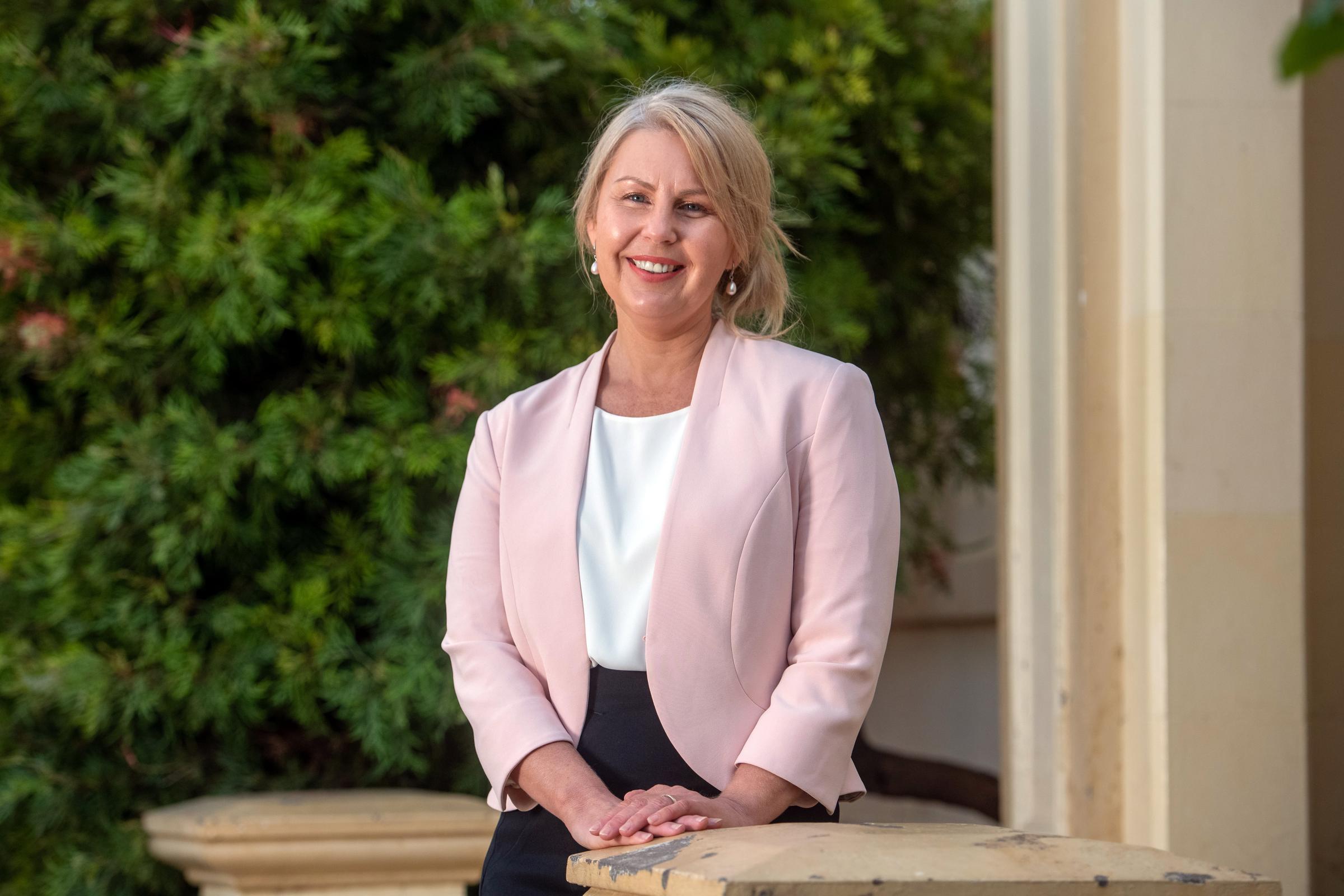From the Acting Head

Welcome to Term 3!
Last week it was my privilege to show potential Girton families around the school on one of our regular School Tour events. Several guests commented on the excellent classroom behaviour of our students. During the Q and A session in the Lecture Theatre at the end of the tour, one gentleman (coincidentally, the Principal of a school outside Bendigo) commented how “delightful” our students seemed and asked how we manage behaviour at the school.
This is such an important, complex and enormous question. And particularly topical because staff have recently been beneficiaries of professional development delivered by a leading behaviour management expert, Mr David Vinegrad.
Like so many things in schools, the prevailing culture determines the behaviour, learning and success of students. This mythical beast we refer to as culture needs feeding. The three things at Girton that most influence our approach to student behaviour management are relationships, respect and school values. These things have been nurtured over time, and we are very proud of the positive attitude and dedication to learning in our students and staff.
Our Student Behaviour Policy serves to support a consistent approach and clear rationale, primarily to benefit staff in their practice with students. The Student Code of Conduct is a positive document outlining the rights of all Girton students, providing clear expectations for every child in the school. The school “Imagine” charter evocatively captures the things we value at Girton.
There are 11 points of policy rationale in the Student Behaviour Policy, but perhaps the most important three are:
- The maintenance of positive relationships between teachers and students is critical. Many young people cannot grow – socially or academically - if they do not feel they have a good relationship with their teacher. When the relationship sours, improved behaviour is almost impossible unless through enforced compliance, which does not allow students to flourish.
- Our approach to student behaviour needs to be one that is reflective and redemptive. Students need to be given opportunities to reflect on behaviour and grow. On occasion, immediate consequences are unavoidable, but overall, we need to be aiming for responses to student behaviour that allow students to learn from mistakes.
- The policy recognises that consequences alone do not necessarily teach young people thinking skills, nor do they address underlying and recurring issues.
David Vinegrad believes that classroom engagement can increase by as much as 20% if a teacher warmly greets each student by name as they enter the room. He believes that calm is a ‘super power’ and that if we want a child’s behaviour to change, we need to explicitly plan for that change and allow at least three weeks for the improvement to manifest. The change in behaviour will necessarily entail increased emotional self-regulation, which is where the school’s RULER Approach and positive role modelling from adults (at school and at home) are pertinent. Mr Vinegrad is a proponent of the “firm but fair” approach when it comes to dealing with children of any age.
None of these evidence-based approaches from David Vinegrad is expressly articulated within any policy at Girton. They do not need to be. The intention to maintain positive relationships with every student and to be a values-based organisation is central to our approach, which very much meets with David’s approval!
Another excellent behaviour expert, Mr Dan Petro, who has worked with the Junior School for the past eight years, will present to Junior School parents in August. More information is contained within this edition of eLink, and I encourage all Junior School parents to take advantage of Mr Petro’s expertise.
If we continue to nurture the wonderfully rich culture at Girton based on respect, relationships and school values, we will continue to enjoy delightful students who make mistakes but are explicitly taught how to do better next time.
Dr Emma O’Rielly
ACTING HEAD
